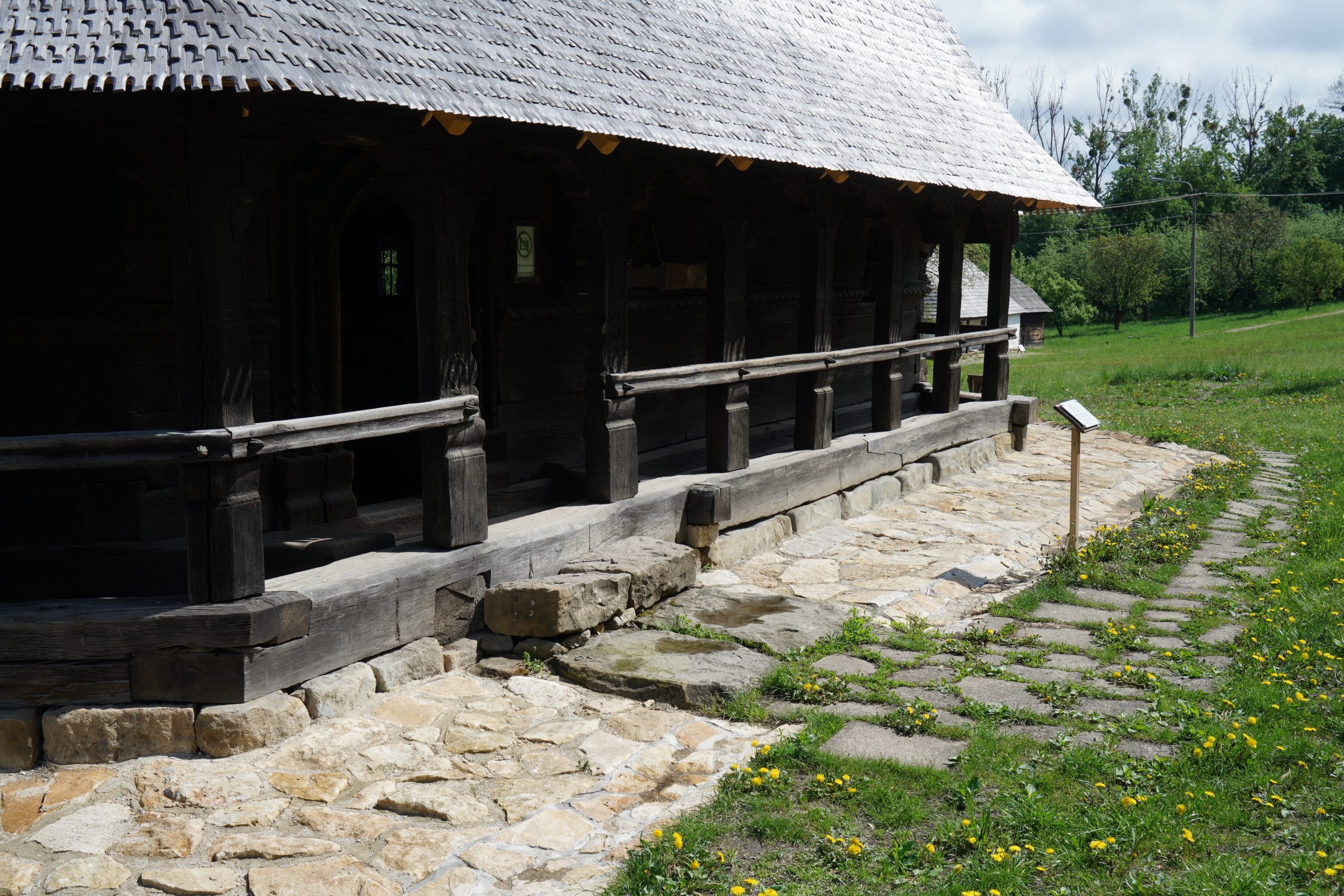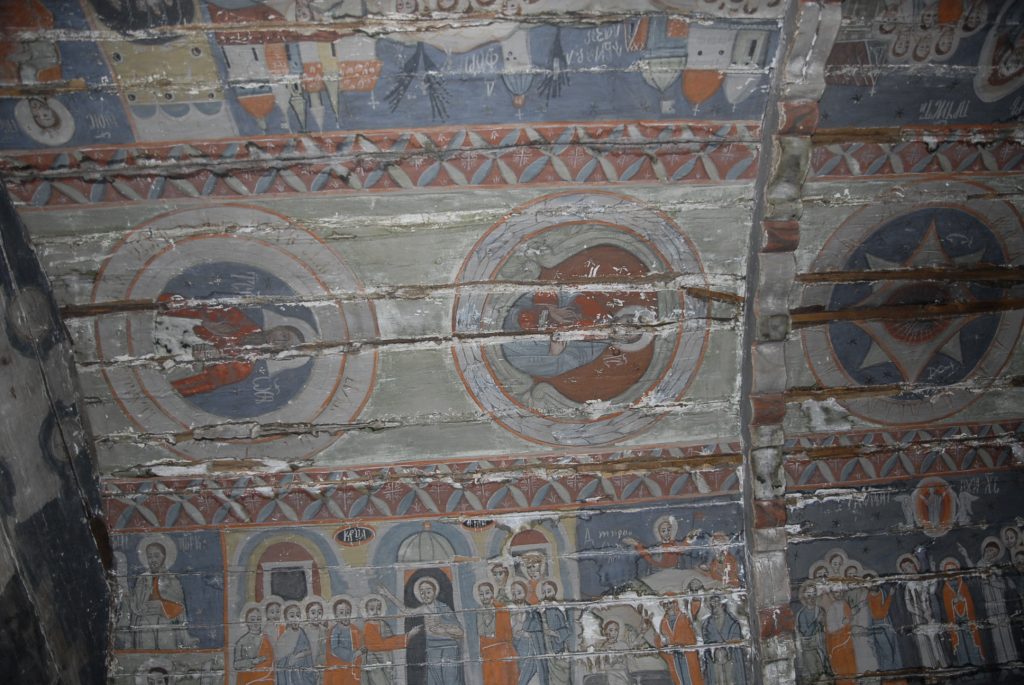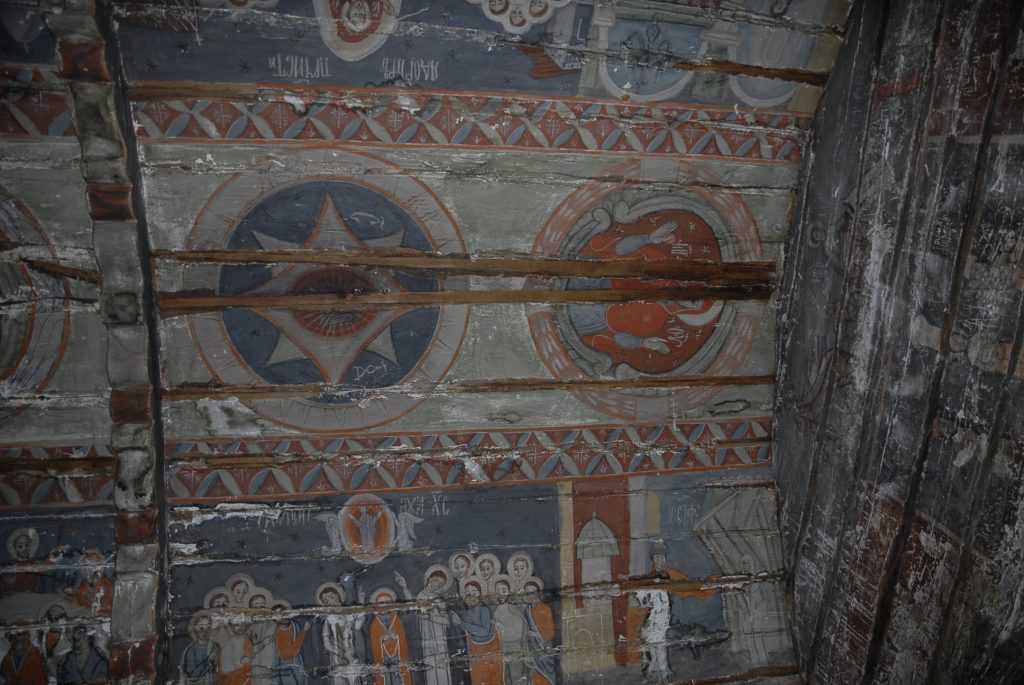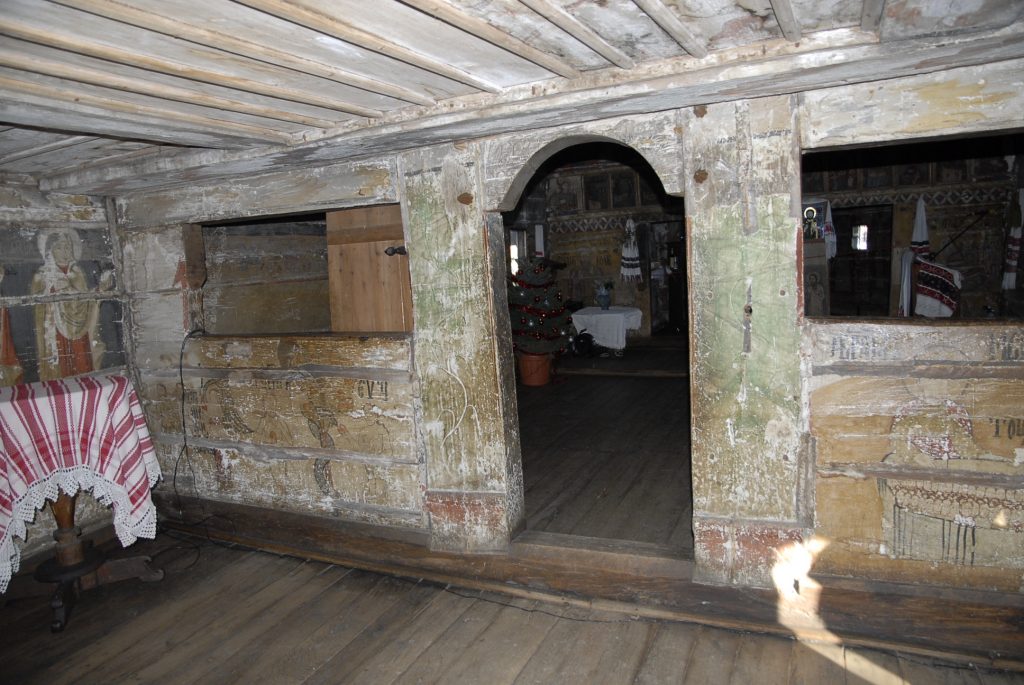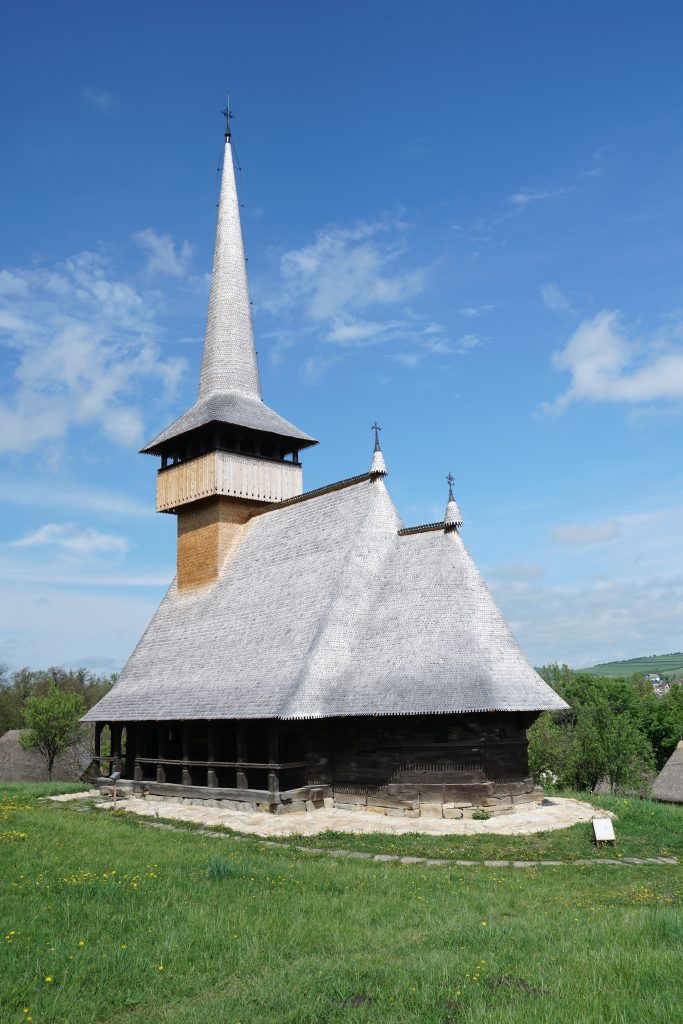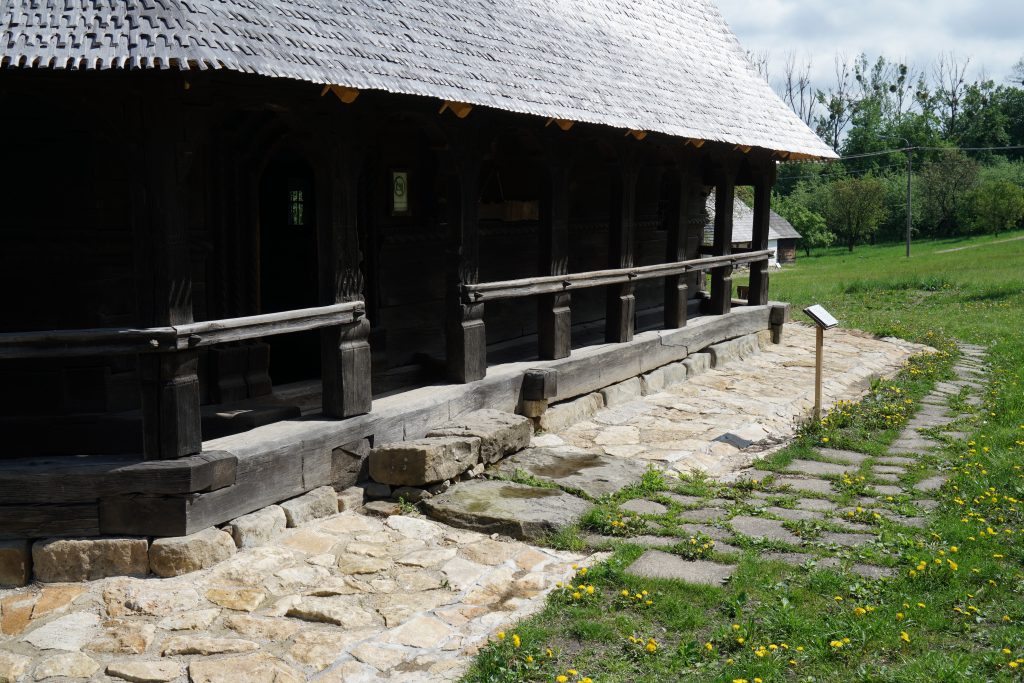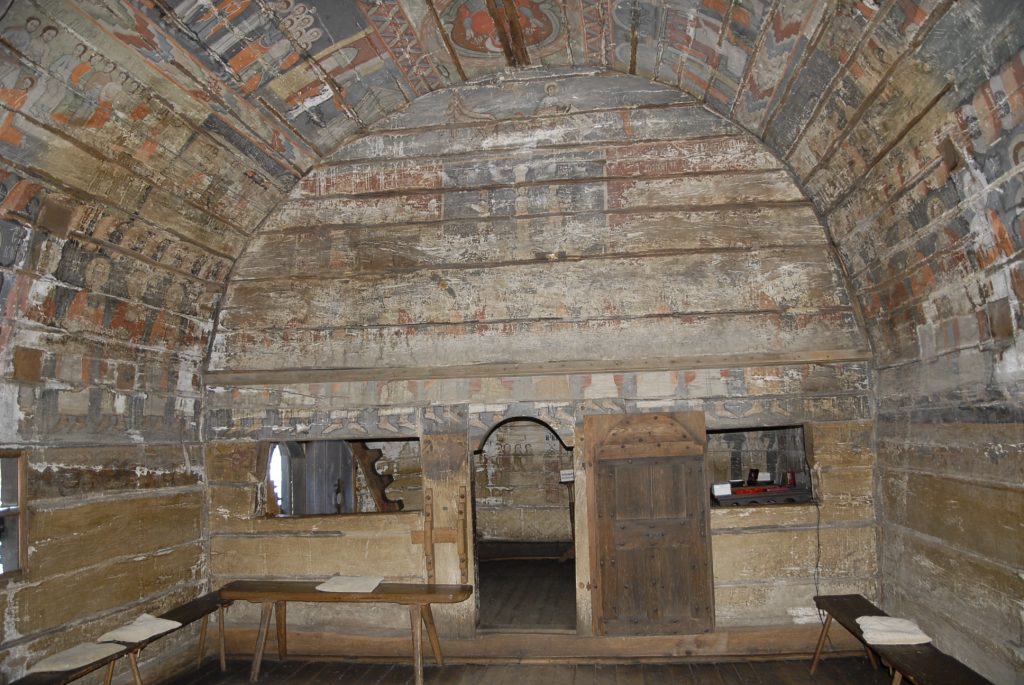- Project promoter: Transylvanian Museum of Ethnography
- Project partner: Technical University of Cluj-Napoca (Romania), NUDA AS (Norway)
- Project value: 618,160 Lei (129,265.59 Eur)
- Grant value (85% Grant SEE and 15% national budget): 618,160 Lei (129,265.59 Eur)
- Duration: 24 months
- Location for project implementation: Cluj-Napoca (Romania), Bergen (Norway)
The Cizer church, built by Horea (Vasile Ursu Nicola, 1731-1785), located in the Romulus Vuia National Ethnographic Park, the open-air section of the Transylvanian Museum of Ethnography, was restored within the project “Restoration-preservation and putting into value of the Cizer and Petrind churches “funded by the EEA Financial Mechanism 2014-2017, carried out by the Cluj County Council in partnership with the Transylvanian Ethnographic Museum and the Northern Urban Design Association.
The present project will lead to a higher level of valorisation of this monument through the innovative techniques of virtual reality, for a thourough exploration of the painting, structure and techniques of construction as well as for the recovery and exposition of the original inventory of the monument, consisting of the heritage assets donated to the Transylvanian Museum of Ethnography by the Episcopate of Vad, Feleac and Cluj in 1966 and other patrimony assets or entered into the heritage of the museum
together with the monument.
The specific objectives of the project are:
- documenting the techniques of the virtual reality of the church in Cizer and presenting it in an innovative exhibition that will be organized in the Pavilion of the Museum (Reduta Palace), with the possibility of itinerating it in other suitable exhibition spaces;
- restoration and preservation of 57 movable cultural goods related to the history of the target;
dissemination of project results.
The project has innovative character and model value by promoting a defining objective for Romania’s cultural patrimony, the images realized within the project having a high degree of detail according to the virtual visitor’s wish. Project elements can be viewed using the headset located in the Ethnographic Museum of Transylvania, making it possible to see them virtually by all audiences.
The expected results of the project are: restoration and preservation for the display of mobile heritage assets related to the history of the church in Cizer; the realization of an innovative exhibition presenting through the techniques of the virtual reality the patrimony of the Ethnographic Museum of Transylvania with attractive and interactive technical means; ensuring sustainability and continuity in promoting the restored goal within the project “Restoration-preservation and promotion of the churches Cizer and Petrind”.
In the medium and long term, the project will be developed by expanding the documentation and presentation of other valuable monuments with the virtual reality techniques, contributing to the sustainable promotion of the cultural heritage and the development of cultural tourism.
